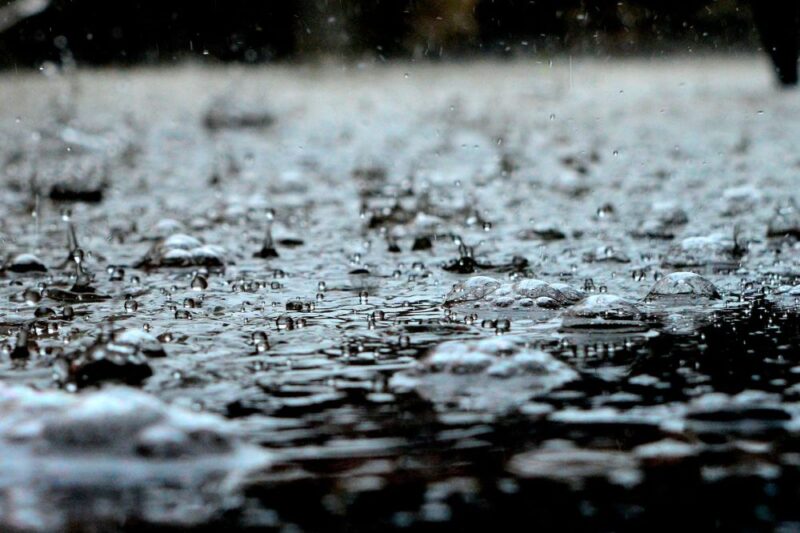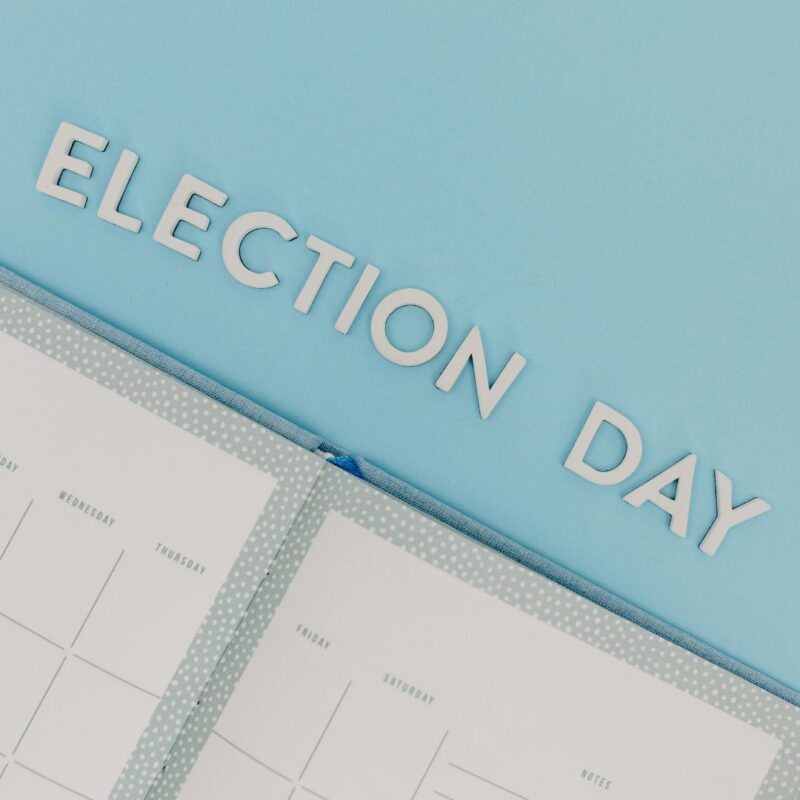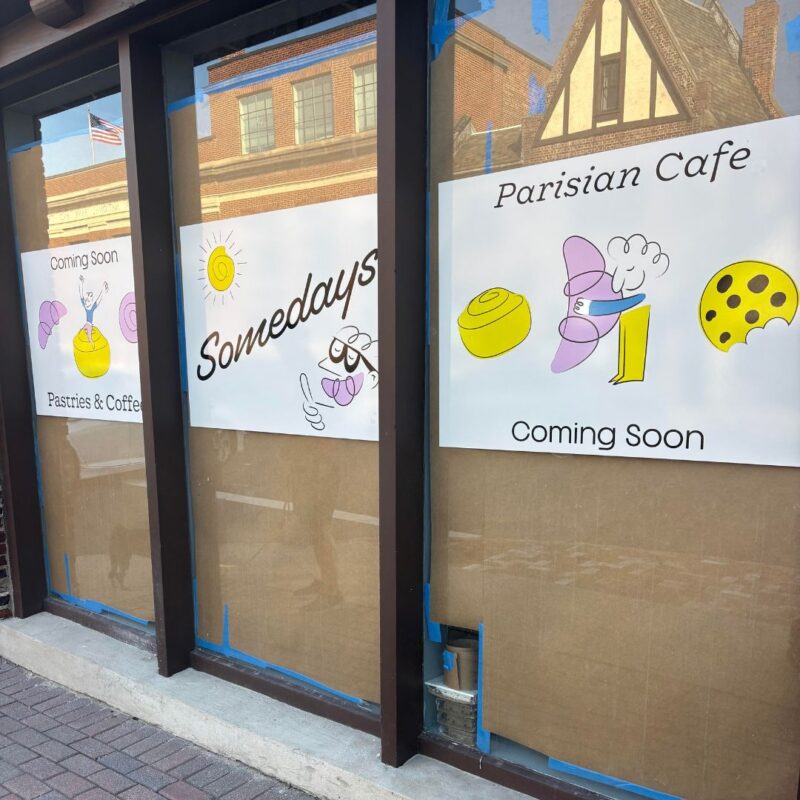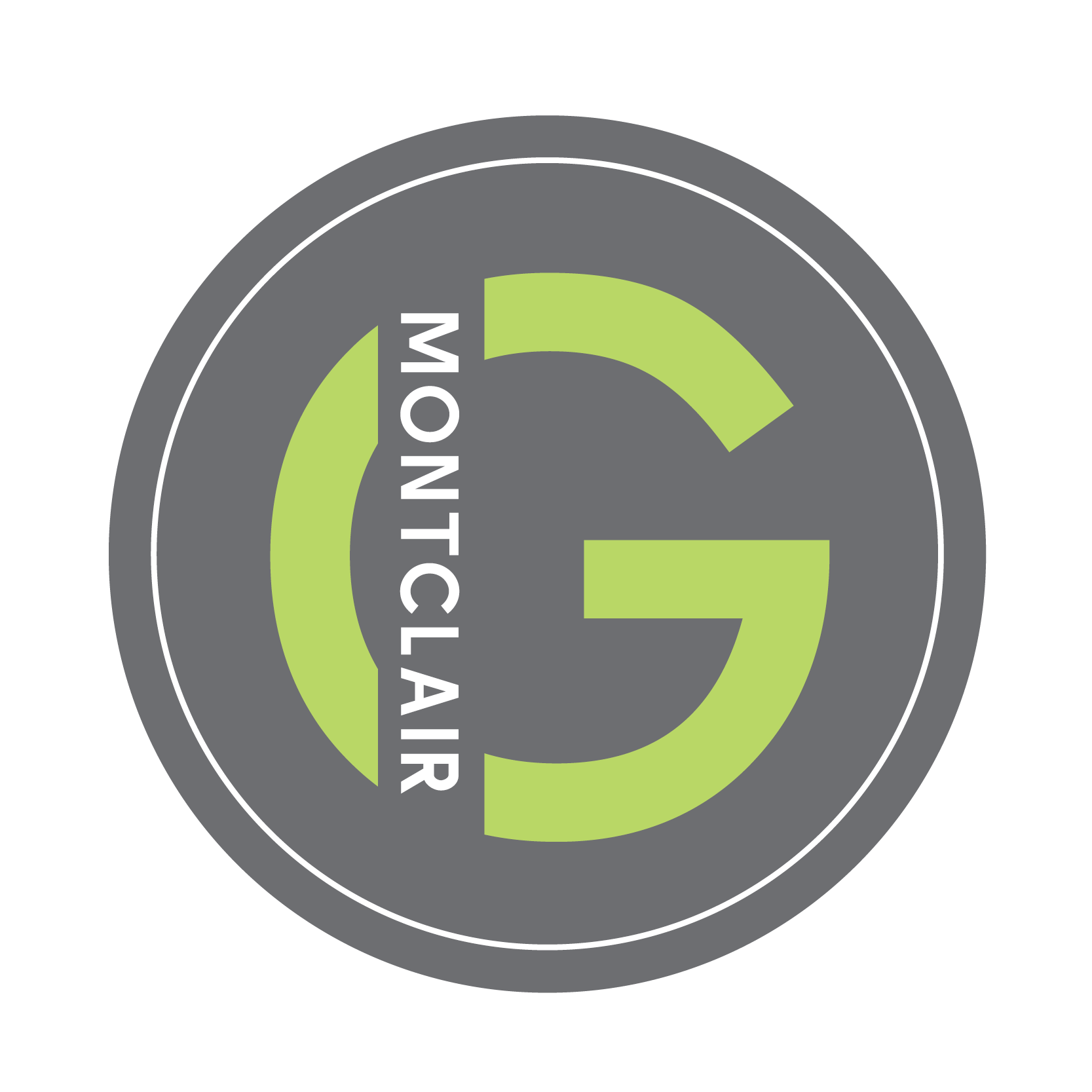Flooding in Montclair doesn’t happen that often, but when it does, it’s a scary thing for a variety of reasons. The first, of course, being the personal safety of yourself, your loved ones, pets, and neighbors. The second is the safety of your home and belongings — and damage from the flooding.
Hurricane Debby is supposed to arrive in New Jersey later this week or early next, so we’ve compiled some quick tips for you to refer to if you have the unfortunate situation of flooding in your home or business. Here’s what to do if your home floods in Montclair + the greater Northern New Jersey area.
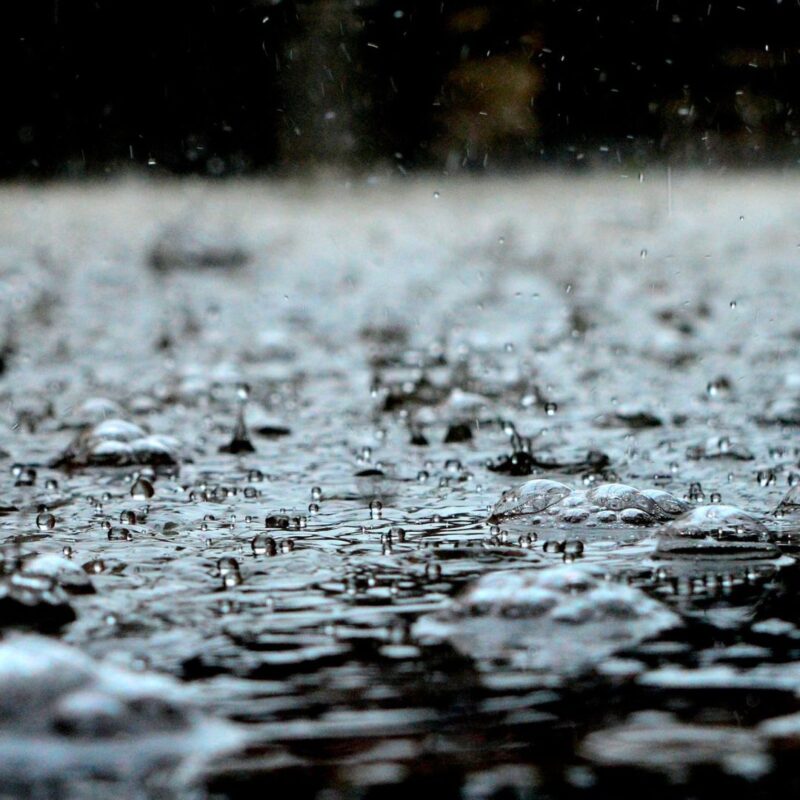
If You Are in Danger or Facing Life-Threatening Conditions
- Call the fire department if you need to be rescued
- Call the police/911 if any other emergency
- Evacuate the premises
Read More: Amtrak Stations to Debut in Essex County for Commuters by 2028
Power/Electricity
Call the fire department and ask them to kill the power. It’s best to be safe with rising water, as water can breach the electrical outlets.
Make sure water isn’t hitting any electrical wires.
Things to Have on Hand if Possible
- A Shop Vac — to get the water out
- A Portable Sump Pump — to plug in and suck some of the water out
- Camera/Phone to document damage
- Flashlights
- Rainboots + weather gear
- Towels + buckets
- Fans + dehumidifiers
Things to Do if You’re Safe but Have Flood Damage
1. Call the fire department ONLY if you’re worried about water hitting electricity or true safety concerns.
2. Set your alarm to go off every few hours and go into the flooded area and ShopVac the water.
3. Contact your landlord if you rent.
4. Document the damage.
5. Contact your insurance company about the damage (it’s good to do this whether you rent or own).
6. Call a flood remediation specialist if needed.
7. Start the cleanup process. Here’s an article from the Red Cross that may be helpful.
8. Prevent mold damage. Keep areas that are flooded as dry as possible, and treat potential problem areas with a strong cleaner, like a bleach solution. FEMA has some helpful tips for mold and mildew in your flood-damaged home.
See More: Automated Flood Barricades Have Arrived in Hoboken
The Mold Issue
According to FEMA, if your home has water damage due to flooding, sewage backup, or any other water-related incidents, mildew and mold will develop within 24-48 hours of water exposure.
Even worse, it will continue to grow until steps are taken to eliminate the source of moisture and effectively deal with the mold problem. Click here for more info.
Please share this with anyone that you think will benefit from flood safety tips, and stay safe!


